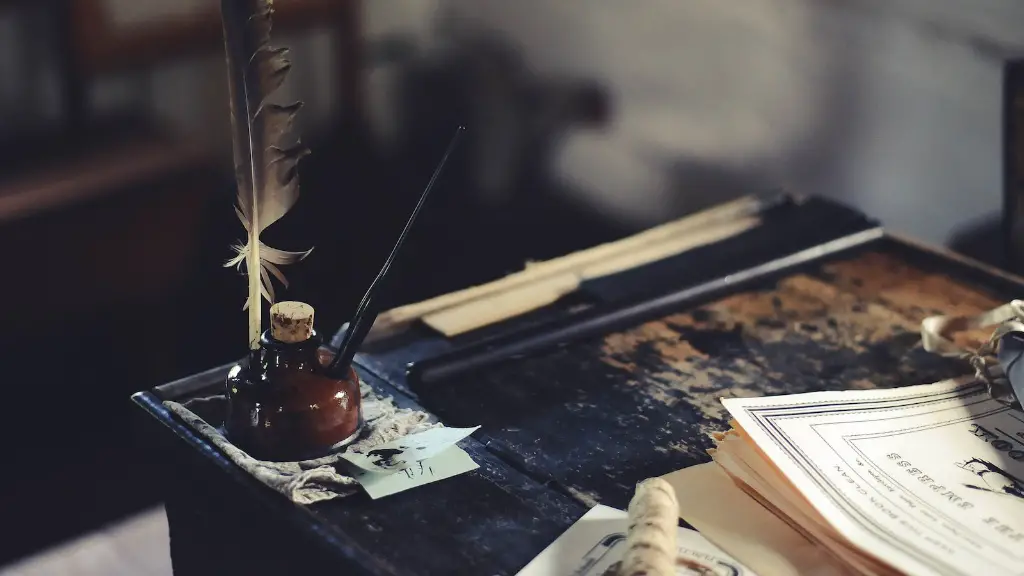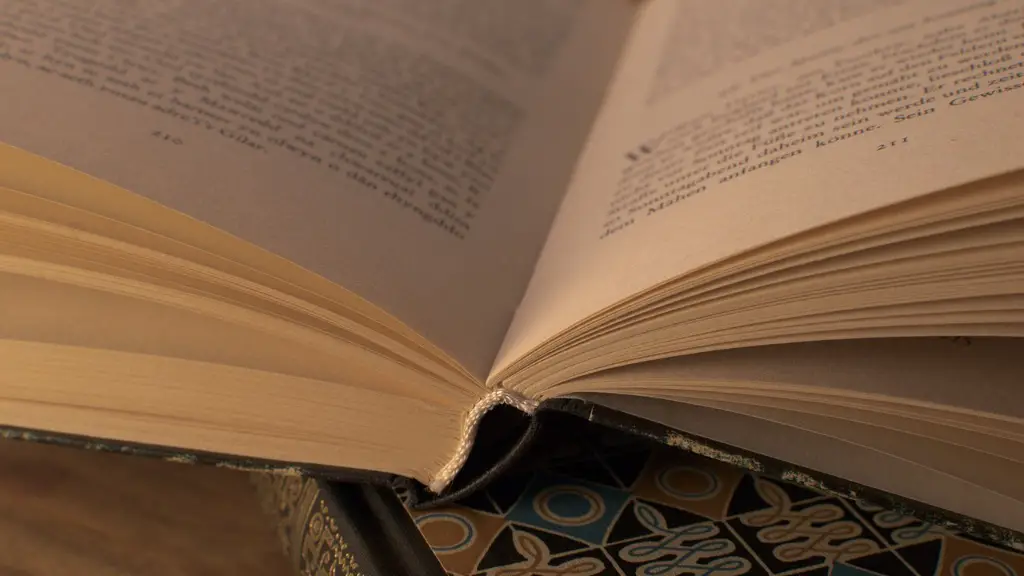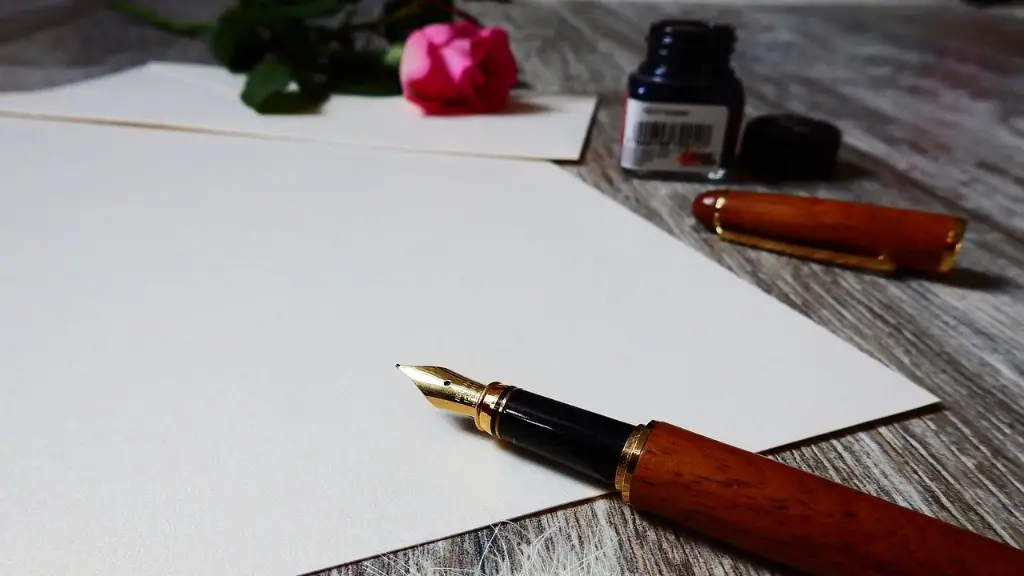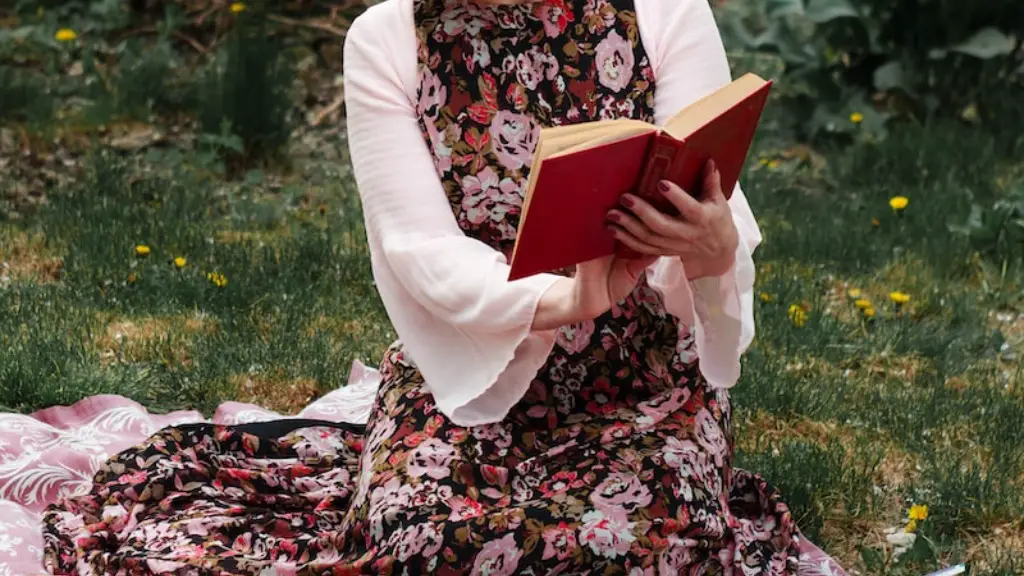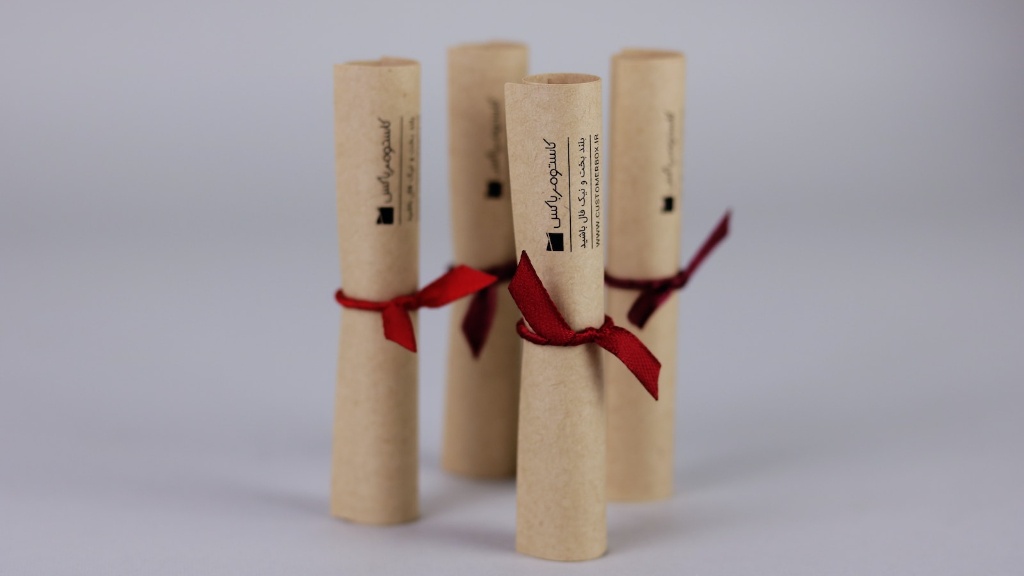Epic and Lyric Poetry: A Comparison
When it comes to poetry, there are two key classes that a reader can come across: epic poetry and lyric poetry. Before engaging with a poem and deciphering the author’s true intent, it is important to be able to accurately recognize which type of poem one is looking at. To understand the differences between the two, it is essential for readers to gain a basic understanding of what distinguishes these two genres from one another.
Epic poetry is defined as a lengthy narrative poem which is written deliberately in a repetitive yet poetic fashion to depict and illustrate a heroic story – usually one attributed to making waves in history or culture. Common examples of epic poetry include the ancient Greek poems such as the Odyssey, Virgil’s Aeneid, and the Hindu Mahabharata. While the plot in an epic poem entails a hero or heroine who eventually attains glory on their journey, the plot of lyric poetry is focused more on creating vivid moments of emotion and expression, featuring a speaker sharing personal reflections, experiences, and feelings with the audience. Popular lyric poems include William Wordsworth’s I Wandered Lonely as a Cloud, Emily Dickinson’s I’m Nobody! Who Are You?, and Walt Whitman’s O Captain! My Captain!. These iconic works, which are often considered a symbol of inspirational thoughts, are renowned for their often profound and insightful musings on a wide range of topics.
When comparing epic and lyric poetry, the primary difference between them lies in their structure and content. As noted earlier, epic poetry is a lengthy narrative poem which is structured to illustrate a hero’s quest and their eventual triumph, while lyric poetry is fundamentally composed of emotions and personal reflections brought to life in the form of concise and ambivalent language. In addition, while the form of an epic poem is characterized by the use of hexameter and is often composed with a specific meter or rhythm in mind, lyric poetry is composed with a plethora of diverse and intricate poetic forms, creating a more intricate and varied atmosphere. For example, certain poetic techniques such as repetition, rhetorical questions, enjambment, and juxtaposition are often used in lyric poetry to depict and ultimately bring the reader closer to the speaker’s musings.
A further distinction between the two is their respective style of composition. In epic poetry, the poet is typically more of a storyteller, and the focus is on the heroic achievements of the hero or heroine. In contrast, lyric poems often portray the speaker as an observer witnessing the world more intimately and intimately, and use first-person pronouns like “me”, “I” or “you”. This reflects the focus of the poem’s meaning being more on individual experiences and emotions which are deeply embedded in the speaker’s dialogue.
In conclusion, while epic poems are fundamentally predicated on the recounting of heroic successes, lyrical poems focus on emotion, reflection, and personal experiences. While their form of composition and the themes they explore are vastly different, both are important and powerful genres of literature that should be appreciated for the insight and meaning that they bring to the world we live in today.
Epic Poetry in the Modern World
Though epic poetry may have originated in ancient cultures, it is still alive and well in the modern world. In contemporary literature, a poet’s quest for heroic greatness is still popular among readers, although the form might not always be as traditional as its ancient ancestors.
In the 21st century, readers may find that epic poetry has evolved to include more current themes. For example, many modern poets have refashioned epic tales to encompass themes such as political or social justice. These poems have a goal to inspire change or incite revolution and are an exciting reminder of heroism in the world today.
Additionally, it is not uncommon to come across epic poems in modern books of fiction and/or fantasy. Even if the main character’s story isn’t a tale of heroic might, there is often a parallel narrative in which the hero seeks to defeat a great and powerful darkness — an undoubtedly classic element of epic poetry. Much like classic texts, this form of epic poetry compels readers to cheer for the main character and root for their success, no matter how fantastical, making it a timeless literary device.
Finally, it can be said that epic poetry remains timeless and true as it has throughout the years. No matter what form it takes and what platform it is presented on, a good epic poem will still be able to transfix its readers and transport them into an exciting world of heroic trials and triumphs.
Lyric Poetry in the Modern World
Though lyric poetry was first conceived centuries ago and might appear to be a languishing genre, its presence in the polarizing world of today’s literature provides several messages and insight. In this world of internet and chaotic modern living, lyric poetry has held its place in the hearts of many, proving to be an indispensible form of creative expression.
In the age of modernism and postmodernism, lyric poetry stands out from other genres as an avenue for voicing emotions, stories and personal experience that goes uncontested. Unlike other forms of writing, lyric poetry can dig deeper into the soul of each individual, providing an unspoiled space to honestly and earnestly deal with sensitive subjects and ideas.
What’s more, lyric poetry can lend its powerful prose to many great causes. In recent times, lyric poetry has been used to discuss and make sense of global events such as the Covid-19 pandemic, human rights abuses and natural disasters. Thus, its potential as a medium of protest and change continues to hold strong in the modern world.
We can see, then, that despite its contextual differences from the ancient forms of poetic expression, lyric poetry continues to be a source of solace and enlightenment in the world today. Through its emotive and personal messages, lyric poetry provides an apt companion for readers in all stages of their lives, quality and diversity of expression that is irreplaceable in a modern world.
The Impact of Epic and Lyric Poetry on the Reader
From the very first glance, epic and lyric poetry can evoke different feelings in a reader. Epic poetry, due to its grandiose nature, might inspire awe and admiration in the hearts of readers, while lyric poetry often invites readers to dive into a world of inner turmoil and soul-searching.
When it comes to their impact on readers, the depth and breadth of the emotions they trigger varies greatly. Epic poems, while relying heavily on an heroic narrative, tend to display the importance and glory of conquest, leaving readers with a sense of pride rooted deeply in the heroic achievements of others. On the flip side, lyric poetry taps into a more nuanced and reflective experience, connecting with readers through their shared humanity and experiences.
Given their contrasting nature, both types of poetry can help readers express themselves in their own unique and profound ways. For example, when reflecting on a personal struggle or experience, many people can find solace from the comfort of lyric poetry. Likewise, epic poetry provides a source of power and motivation for many, encouraging readers to achieve greatness or overcome obstacles without hesitation.
Ultimately, both epic and lyric poetry have something special and unique to offer readers regardless of their background or experiences. These two elements of poetry might express and evoke vastly different things, but they bring to the table an appreciation of language, the power of story-telling, and beauty rooted deeply in thought and expression.
Which is Preferable: Epic or Lyric Poetry?
When it comes to deciding which type of poem is preferred, there is no single answer that fits all circumstances. As stated earlier, epic and lyric poetry may evoke vastly different emotions and create different atmospheres, but the potency of their messages should still be acknowledged and respected. As a matter of personal preference, many readers may find one type of poem more appealing than another, often opting for the respective style of poetry that resonates more with them.
Given these conditions, it is safe to say that the arts of epic and lyric poetry remain as intertwined and important in modern literature as they were in the past; that they both possess legitimate artistic merit, and capture readers in different ways. Though these opposing forms of poetry may represent the world we live in differently, they are still both essential parts of the same puzzle.
Connecting Epic and Lyric Poetry
Though epic and lyric poetry are fundamentally different forms, they can still make strong connections and aesthetic. When placed side-by-side, these two forms of poetry can create an interesting and unique atmosphere. For example, in a work of poetry, a poet may choose to incorporate a story-telling element into their lyrics, or make use of more personal expressions within the greater narrative of an epic poem.
In this way, epic and lyric poetry coexist in representational harmony. Both forms of poetry contain a diversity of expression that can be used to craft an image of a unique world, and each can enhance the other to make a truly captivating experience for readers. Thus, a connection between the two forms of poetry can be narrowed down by the varied use of poetic techniques, form, and content.
In addition, certain poems may also use elements of epic and lyric styles simultaneously to create a genre of its own. A well-written piece combines the story-telling element of epic poetry and the individual expression of lyric poetry in an effortless and riveting manner, ultimately resulting in an innovative and invigorating result.
Moreover, creating a synergy between these two genres of poetry can be used to inspire discussion and understanding. By intertwining the narrative of epic poetry with the intimate reflection of lyric poetry, a poet can create a work that is not only enjoyable, but meaningful as well — a work that gives readers a glimpse into the human experience and its many emotions.
Conclusion
In this piece, the difference between epic and lyric poetry has been explored. Epic poetry is a lengthy narrative poem which is written deliberately in a poetic fashion to depict the heroic story of a hero, while lyric poetry is composed of emotions, reflections and personal experiences of a speaker. Epic poetry is composed with a specific meter or rhythm, while lyric poetry is composed with a plethora of poetic techniques and forms.
Finally, both genres of poetry have something unique and special to offer readers and there is no single answer to which form of poem is preferred. Epic and lyric poetry can sometimes interconnect in harmony, creating an atmosphere that is varied and enjoyable. In the modern world, both forms of literature continue to remain strong and relevant, sustaining their positions as essential components of the world we live in today.
